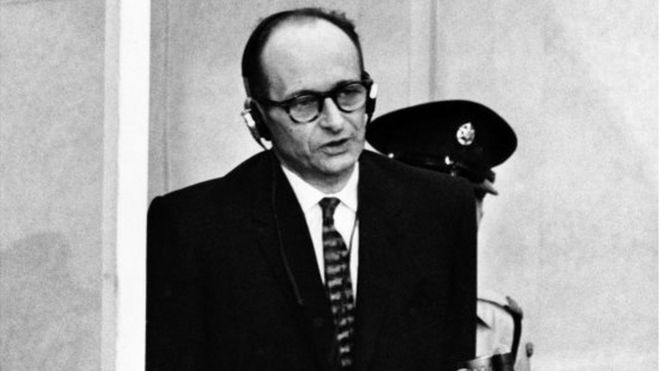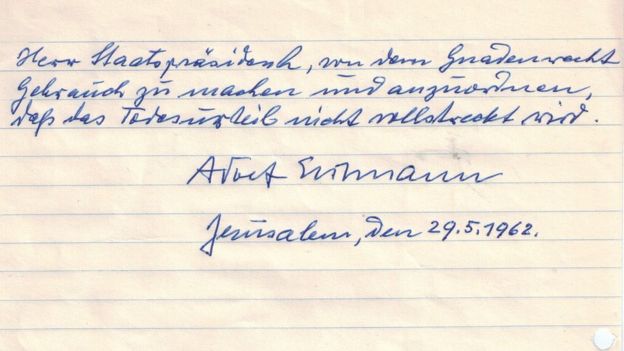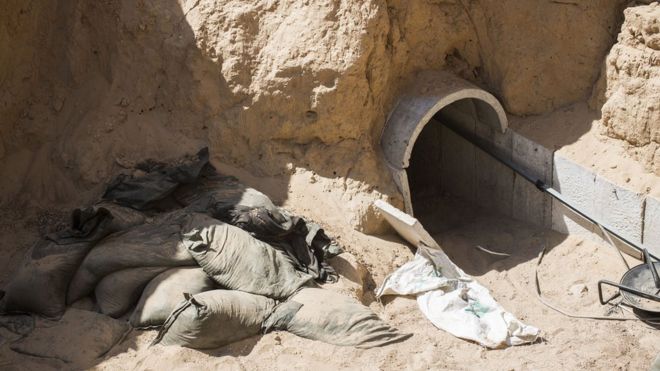Israelis and Palestinians sign major water deal
The deal was negotiated by Jason Greenblatt, the US envoy to the region, who said he welcomed the agreement
The Israeli government and the Palestinian Authority have signed an agreement over water, with the US broker of the deal describing it as “a harbinger of things to come”.
The deal, which was announced at a press conference this morning, will see the sale of 33 million cubic metres of water to the Palestinian Authority from Israeli desalination plants, which are among the most advanced in the world. Palestinians in both the West Bank and Gaza will receive water from the deal.

The parties also signed an agreement regarding a proposed 137 mile pipeline between the Red Sea and the Dead Sea, in an effort to replenish the latter body of water, which has suffered severe shrinkage in recent years.
In a rare show of political agreement, the deal was praised by representatives of the Israeli government, the Palestinian Water Authority and the Yesha Council, an umbrella group of municipal councils for Jewish West Bank settlements.
The deal was negotiated by Jason Greenblatt, the US envoy to the region, who said he welcomed the agreement, noting that earlier in the week the Israelis and Palestinians had joined together for the launch of a new electrical sub-station in the West Bank city of Jenin.
“This agreement is an example of the parties working together to make a mutual beneficial deal,” he said.
“I am proud of the role the US and international partners have played in helping the partners reach this deal, and I hope it is a harbinger of things to come”.
Water distribution has been one of the most contentious elements of the Israeli-Palestinian conflict. West Bank residents can only carry out water-related projects, such as extraction from the aquifers, with the permission of the Israeli-Palestinian Joint Water Committee, which was established under Article 40 of the 1995 Oslo Accords. However, Israel suspended its involvement in the committee for six years, a hiatus that was only resolved in January 2017. During that time, many Palestinian water projects remained on hold.
Palestinians also need permits from the Israeli Civil Administration before embarking on any water works in Area C of the West Bank, a measure that does not apply to the Israelis.




